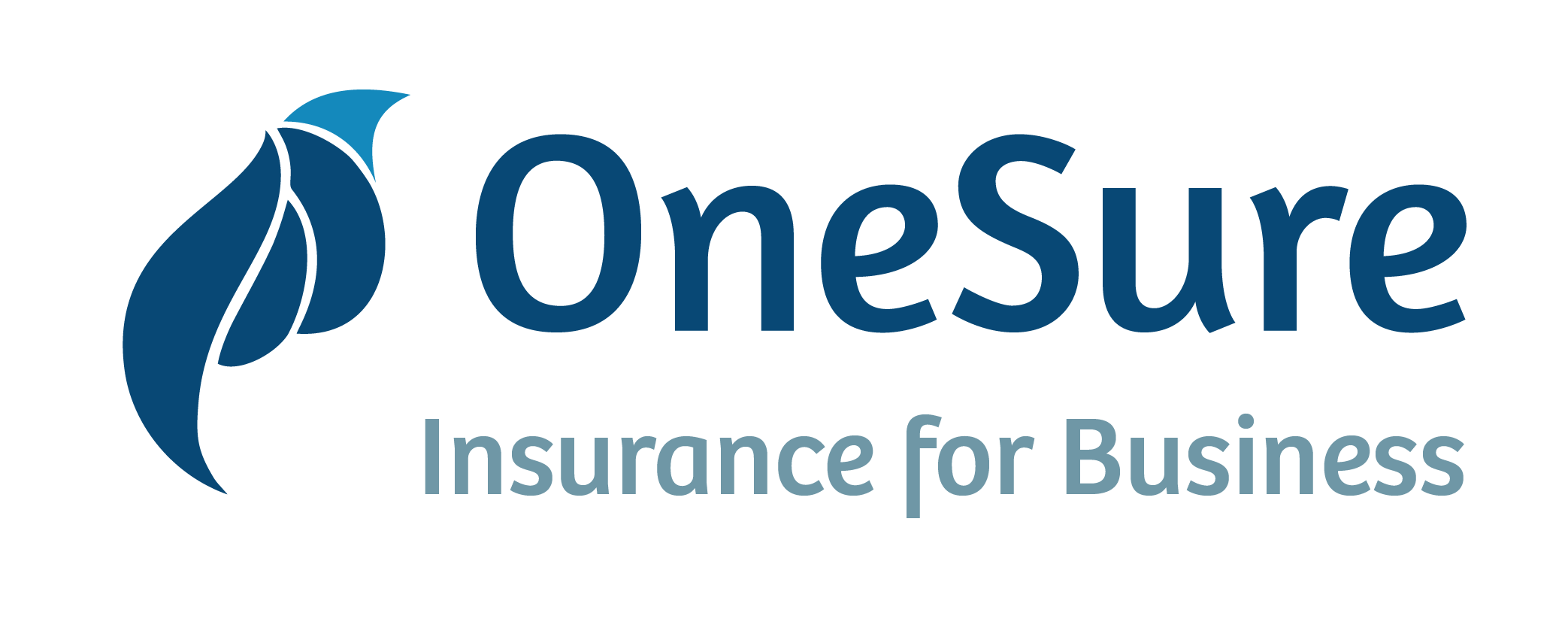Help protect your business by being one step ahead of scams at tax time.
Small business owners need to be particularly vigilant at tax time, with online scams common at this busy time of the year.
In 2016, the Australian Taxation Office (ATO) received 105,469 scam reports and reported that more than $2.7 million was obtained by scammers.
An ATO spokesman told Well Covered that 6,435 individuals were conned into divulging personal information and in some cases, victims had unintentionally entered fake payment arrangements and continued to pay the scammers regular amounts over the course of many months.
How are tax scammers targeting people?
Scammers don’t target specific demographics, rather they see everyone as a potential victim. They gain contact details from easily accessible sources such as telephone directories or public social media profiles.
They are also known to go to great lengths to convince you that their offer or request is legitimate, and it’s often vulnerable groups within our community who are most likely to fall victim.
Know how to recognise a scam
Admittedly, requests for information are common at tax time – which can make it confusing for small business owners to ascertain whether it’s a scam.
For example, in the past, scammers have requested a payment in order to receive a tax refund, and have asked small business owners to confirm personal details by return email. They’ve also asked small business owners to lodge income tax returns or activity statements by clicking on attachments or hyperlinks that contain malicious software.
According to Scamwatch, scammers use a number of tools to slip under your radar at tax time – from impersonating an ATO representative, to creating official looking emails and email addresses, to building sleek websites that mirror the ATO site. Scammers might even recite personal information about you to trick you into thinking they’re the real deal.
Scammers usually contact you out of the blue and try to get your personal details, or encourage you to click on a link to gather your information. The ATO lists scams to watch out for that have been used to trick small businesses through email scams, SMS scams and phone call scams.
The ATO would never request personal details, such as banking information via email.
Whilst the ATO does communicate with small business owners via email, they would never request personal details, such as banking information. If such personal details were required, you would be redirected to ATO online services, a spokesperson told Well Covered.
Some common scams at tax time include:
-
Tax refund scam: Scammer tells you that you’ve overpaid your tax and you’re now entitled to a tax refund. They may ask for your financial details or ask you to pay an administration or transfer fee via an electronic money transfer.
-
Tax owed scams: Scammer claims that you have underpaid your tax and you’re now required to repay the debt immediately. They may ask you to purchase a pre-paid debit card and send them the card details so they can access the money.
-
Phishing emails: Scammers try and steal your identity or money by sending you an email that pretends to be from a trusted entity, such as the ATO. The scammer will ask you to fill out a form or click on a link that enables them to infect your computer with viruses and malware.
Source: Scamwatch
A cyber-attack could be more expensive than you think
If your business has a website with electronic records, you’re also vulnerable to a cyber-attack. A cyber-attack could cost your business more than money. It could also threaten your intellectual property and put your customers’ information at risk, which could severely damage your reputation.
65% of Australian organisations have experienced some form of cybercrime in the past two years.
In fact, cybercrime is now the number one economic crime Australian companies’ face. According to a recent report prepared by PwC Australia, 65 per cent of organisations in this country have experienced some form of cybercrime in the past two years, with some companies surveyed reporting that cyber events had cost them in excess of $1 million.
The PwC report also revealed that cybercrime has now moved from being a statistically insignificant economic crime, to the number one economic crime organisations face.
What you can do to protect your business
Help protect your business by taking the time to educate your staff about the latest scams targeting small businesses, as published by the Australian Competition & Consumer Commission (ACCC).
You should also have cyber protection insurance in place. This is a relatively new form of cover, designed to help protect your business from the financial impact of computer hacking or a data breach.
OneSure Insurance Services can advise you on the best level of cover for your business needs.
Small business owners are also advised to keep a watchful eye out for anything suspicious, and to do your research into offers you might receive, especially through your email.
In addition to cyber insurance, business owners still need to do other checks and balances like firewalls and similar IT security.
Make sure you report it
If you have fallen victim, you will need to make a few calls to the authorities.
Start by reporting it online, and also call the Scamwatch hotline on 1300 795 995.
You should contact the ATO if you think you have been contacted by a fraudster or fallen victim to a phone scam, on 1800 008 540.

